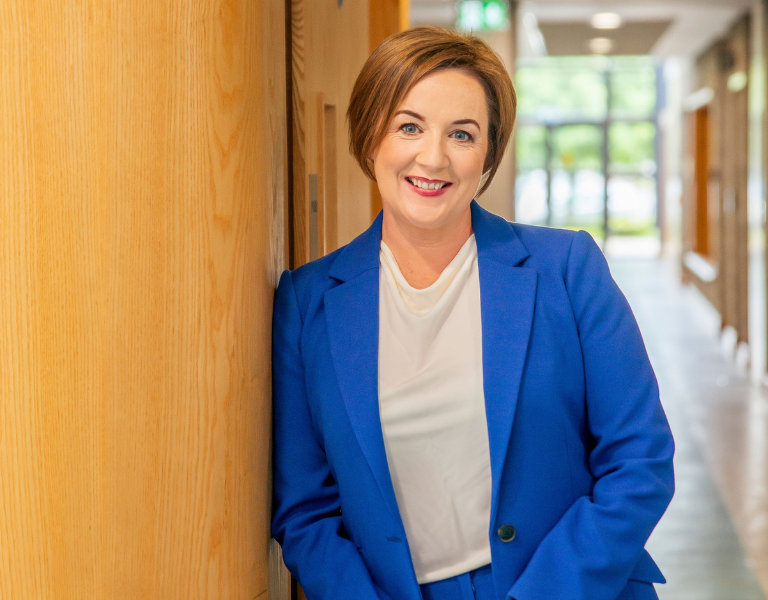When the impact of Covid-19 slowly began to ease, it wasn’t long before the news of war in Ukraine, and we were faced with new challenges. During this time of uncertainty, we ran a survey on our website to fully understand the biggest concerns of business owners in Ireland. Rising business costs was the biggest concern, closely followed by access to funding and cash flow.
In this guide, we highlight some of the supports available to help mitigate the rise in energy costs in Ireland. The supports you will find here have been collated with the business owner in mind and summarised to help tackle concerns around costs, funding, and cash flow.
If you need more information about a particular support, we recommend you reach out to the supplier of the support directly or talk to your accountant about how they can help.
01.
Small Firms Investment in Energy Efficiency Scheme
The Small Firms Investment in Energy Efficiency Scheme aims to provide grants through the Local Enterprise Office (LEO) network to companies to encourage investment in energy efficiency technologies or processes that reduce carbon emissions and overall energy costs. The scheme will follow on from the LEO Green for Micro Scheme which currently provides advice and technical support to firms on energy efficiency and reducing their carbon footprint.
02.
Energy audits
The SEAI Energy Support Fund is a €2,000 voucher that can be used by SMEs to undertake a bespoke energy audit of their business. The SEAI energy audit helps companies save money, reduce their carbon footprint and enhance their brand image.
03.
Non-Domestic Microgen Grant
The Non-Domestic Microgen Grant (NDMG) provides financial assistance, up to €2,400, to help your business, farm, school, community centres, or other non-profit organisation, to install solar PV panels to generate electricity on-site. This technology reduces commercial electricity costs and increases the security of supply while enhancing a positive sustainability image.
04.
Support Scheme for Renewable Heat
The Support Scheme for Renewable Heat is a government-funded initiative designed to increase the energy generated from renewable sources in the heat sector. The scheme is open to commercial, industrial, agricultural, district heating, public sector and other non-domestic heat users.
05.
Electric Vehicle Grant
If you’re thinking about buying an eligible new M1 (passenger car) battery electric vehicle (BEV), you could get an Electric Vehicle Grant of €3,500 from SEAI. Note that approved EVs with a full price of more than €60,000 and less than €14,000 will not receive a grant. The full price of the vehicle to the customer includes all optional extras, paint, delivery and any other chargers but excludes any incentives such as grants or rebates.
06.
Green skills programmes
SOLAS aims to boost awareness among employers and employees to ensure they have the skills and expertise needed to meet their environmental sustainability goals. They equip businesses with the skills required to make a positive contribution to sustainability in the workplace.
07.
Climate Toolkit 4 Business
Climate Toolkit 4 Business is a free, web-based tool that helps small businesses understand their carbon footprint. The tool will recommend a tailored action plan and the relevant support options that your business may be eligible for to help reduce its energy costs and greenhouse gas emissions.
08.
Climate Ready
Climate Ready from Skillnet Ireland helps prepare your business for a more sustainable future. It offers leadership and skills support for enterprises that want to develop their operational and strategic sustainability.
09.
Green For Business
Green For Business is a free two-day programme administered by the Local Enterprise Office (LEO). The programme helps small businesses take the first step towards becoming more sustainable. With the help of a professional green consultant, you’ll save money and improve your environmental impact.
10.
GreenStart
GreenStart is a grant for a training/consultancy/advisory project of up to 7 days carried out by an external Green Service Provider. The grant is intended for businesses that need assistance in order to improve their environmental performance and thereby increase the agility and resilience of their business to climate change impacts.
Need help?
If your business is struggling with the rise in energy costs, you may be eligible for some supports identified above. Reach out to the provider of the support for more information.
Get in touch if you need more information – we are here to help.
